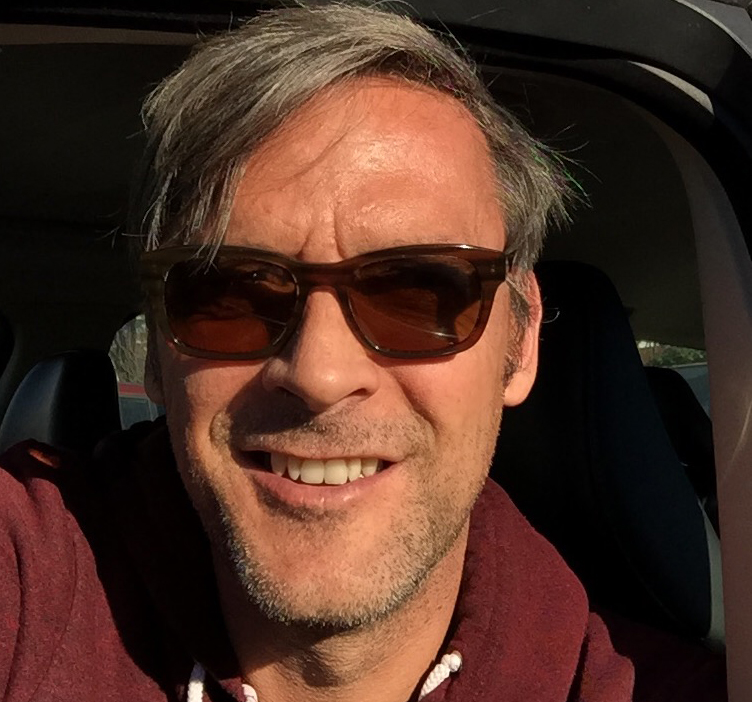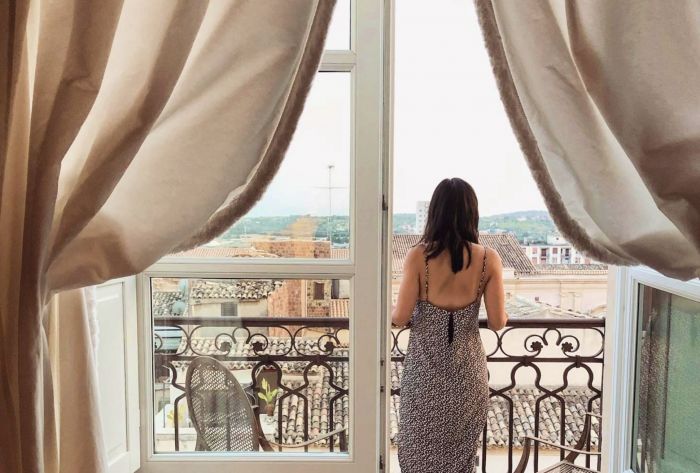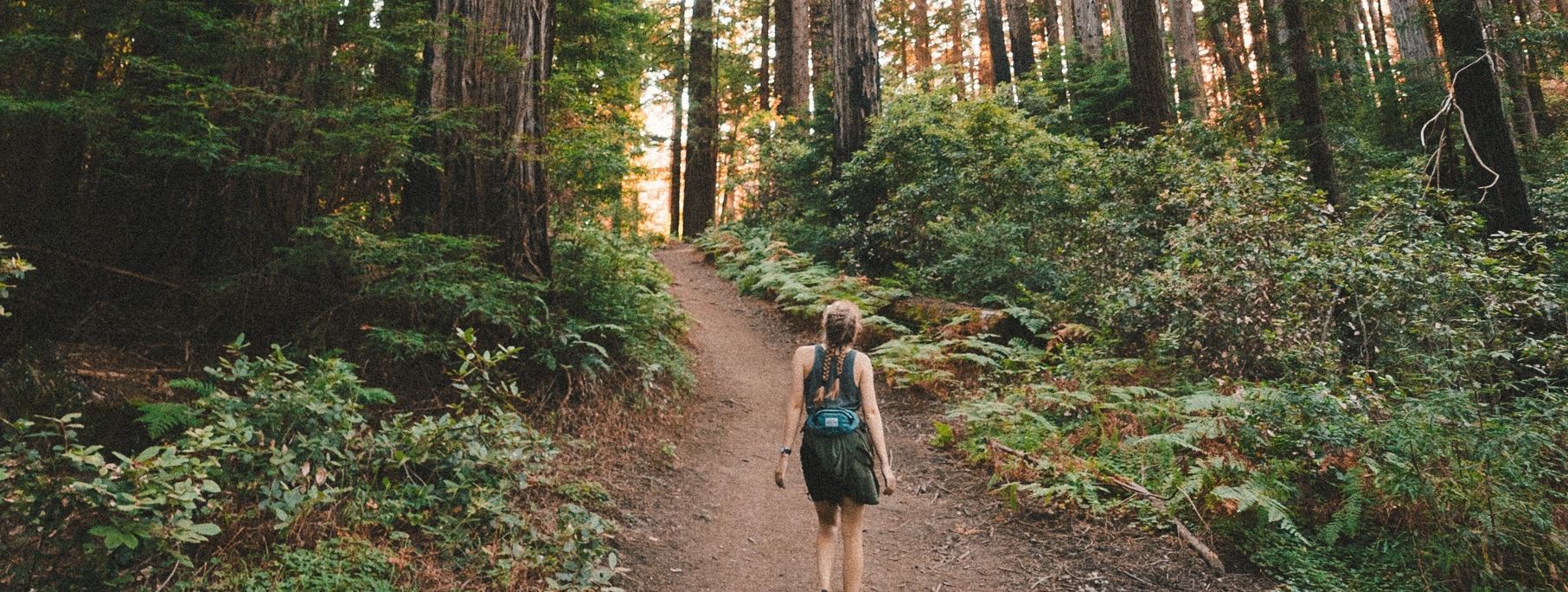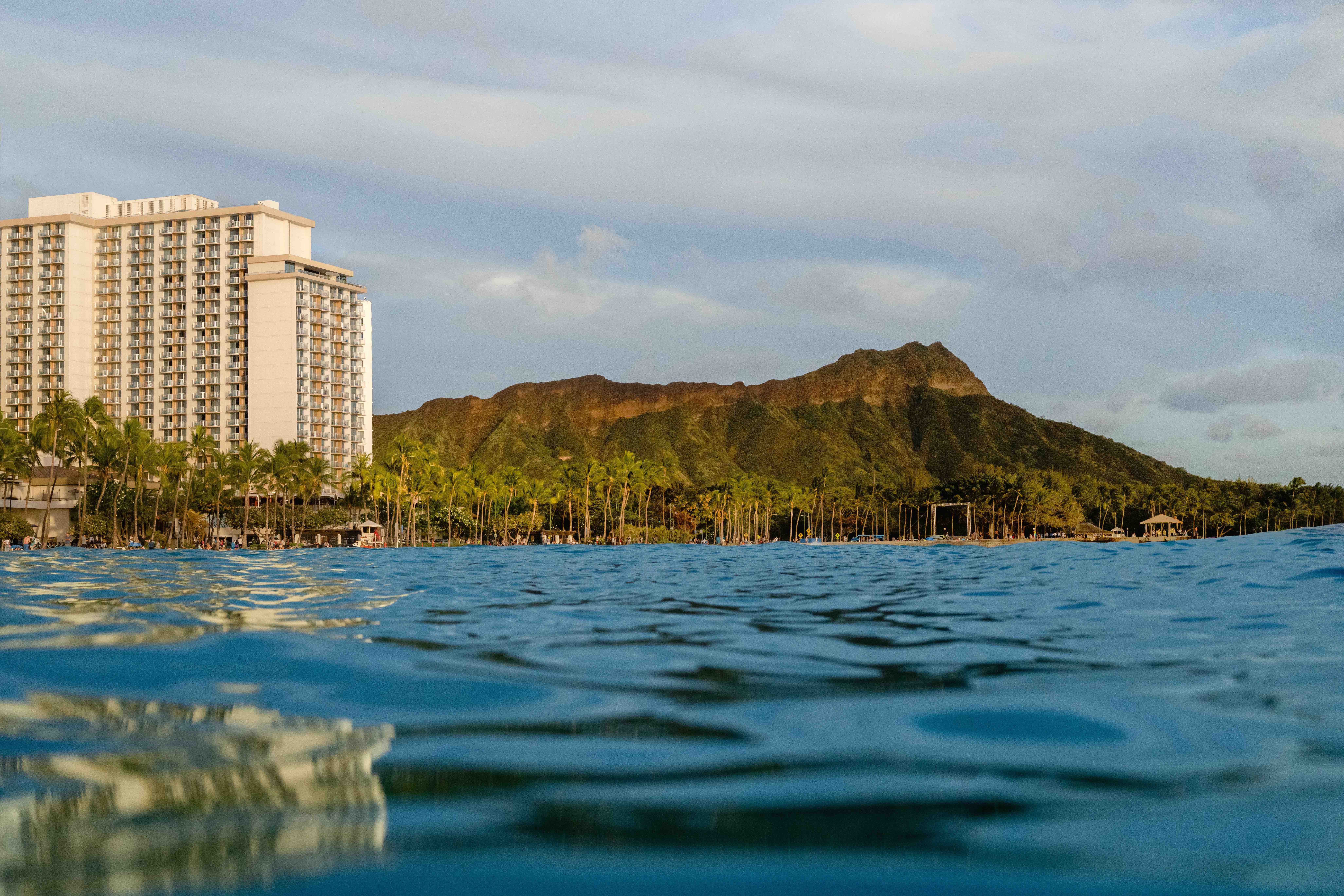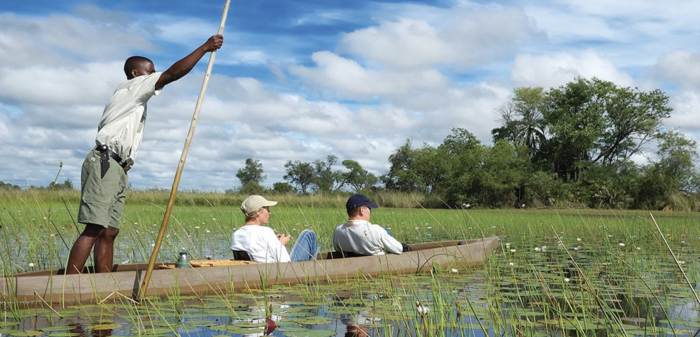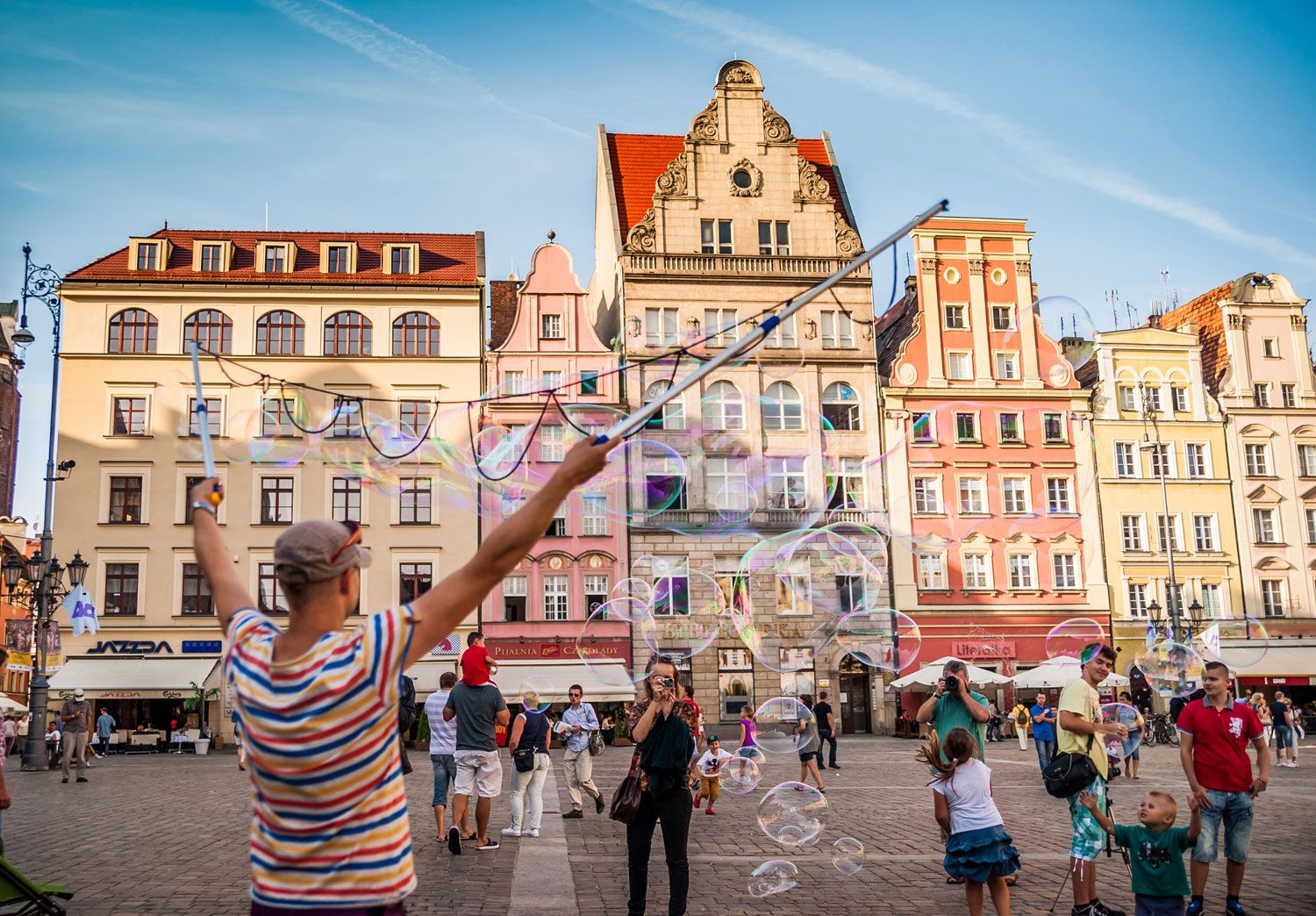
Wroclaw, Poland’s fourth largest city, is hosting a full slate of events this year connected to its designation as European Cultural Capital 2016. Located in the southwestern part of the country, the “Venice of Poland” is roughly a three-hour drive from Berlin, Prague, Dresden and Krakow.
While much lesser known than those central European mainstays, Wroclaw is a vibrant river city that has just as much to offer visitors, and this year’s daily cultural events will add a lot of excitement and international flair. The city has seen its share of history, and strife, having been ruled variously by the Kingdom of Bohemia, the Hapsburgs, then the Prussians, and more recently by the totalitarian regimes of the Nazis and Soviets. When the Red Army besieged the then German city of Breslau in May 1945, 90 percent of the Old Town was left a smoking pile of rubble.

A massive rebuilding effort in the 1950s largely restored the center to its former Baroque glory. Market Square (Rynek) is the focal point of that reconstruction, and it rivals the heroic rebuild of central Dresden, which was also decimated in the Second World War. It’s now one of the largest squares in Poland, a bustling pedestrian zone lined with Gothic churches and historic mansions smartly mixed with modern touches like shopping, cafés, wine bars and craft brewery pubs.
The square also has the largest town hall in Poland, a late-Gothic masterpiece with a soaring 215-foot tower, and Piwnica Świdnicka, a 14th-century beer hall, of which the saying goes, “If you haven’t been there, you haven’t been to Wroclaw.”

Wroclaw’s five-star Monopol is housed in a 19th-century, neo-Baroque building and calls itself “a cosmopolitan oasis of urban glamour.” Its rooftop Acquario Restaurant serves international dishes and has one of the top wine lists in the city and offers commanding views of the whole area. Directly opposite the hotel is the Wroclaw Opera House, where several of the Cultural Capital music events will take place, including an international choir festival. Wroclaw shares this designation with San Sebastian, Spain, and the full schedule of the year’s Polish events can be viewed here.
Cinema will play a big role with special weeks devoted throughout the year to films from a specific country. An international film festival takes place July 21-31, and the prestigious European Film Awards will be held in December. Many of the previous award winners from the EFA’s will be screened beginning in September.

Several film operas will be performed as well. This format incorporates film into live stage acting and music. One of the more interesting ones is Nobel Prize winner Elfriede Jelinek’s adaptation of David Lynch’s Lost Highway. Another is artist Matthew Barney’s River of Fundament, an adaptation of Ancient Evenings, the Norman Mailer novel.
Otherwise, the schedule is full of lectures and performances of jazz, theater, dance, architecture painting and fine arts. Wroclaw is also designated the UNESCO World Book Capital for 2016, so literary events such as a crime and mystery novel festival, and a children’s literature festival are part of the mix.

So, there are a plenty of reasons for tourists in Europe to visit Wroclaw this year. But in this scurry of cultural activity, don’t forget to take part in one of the city’s favorite pastimes: searching for the 300 or so bronze miniature gnomes hidden in nooks and crannies everywhere. The tiny dwarf sculptures began popping up as a prank and now officially commemorate the 1980s anti-communist movement.
Getting there is easy with frequent rail service from neighboring cities, and its Copernicus international airport receives flights from all over Europe.










